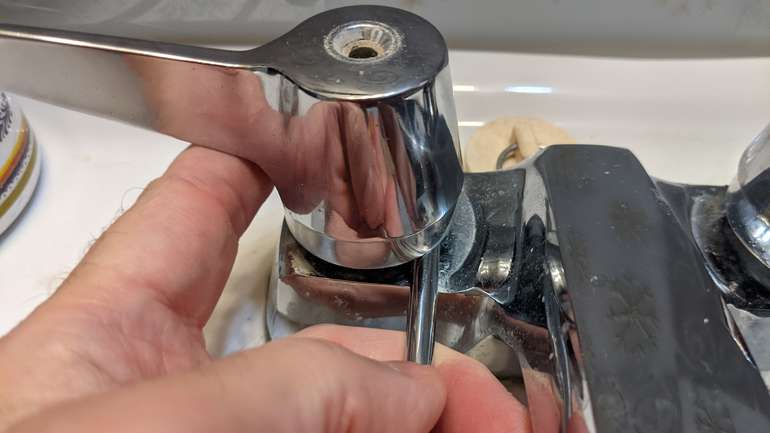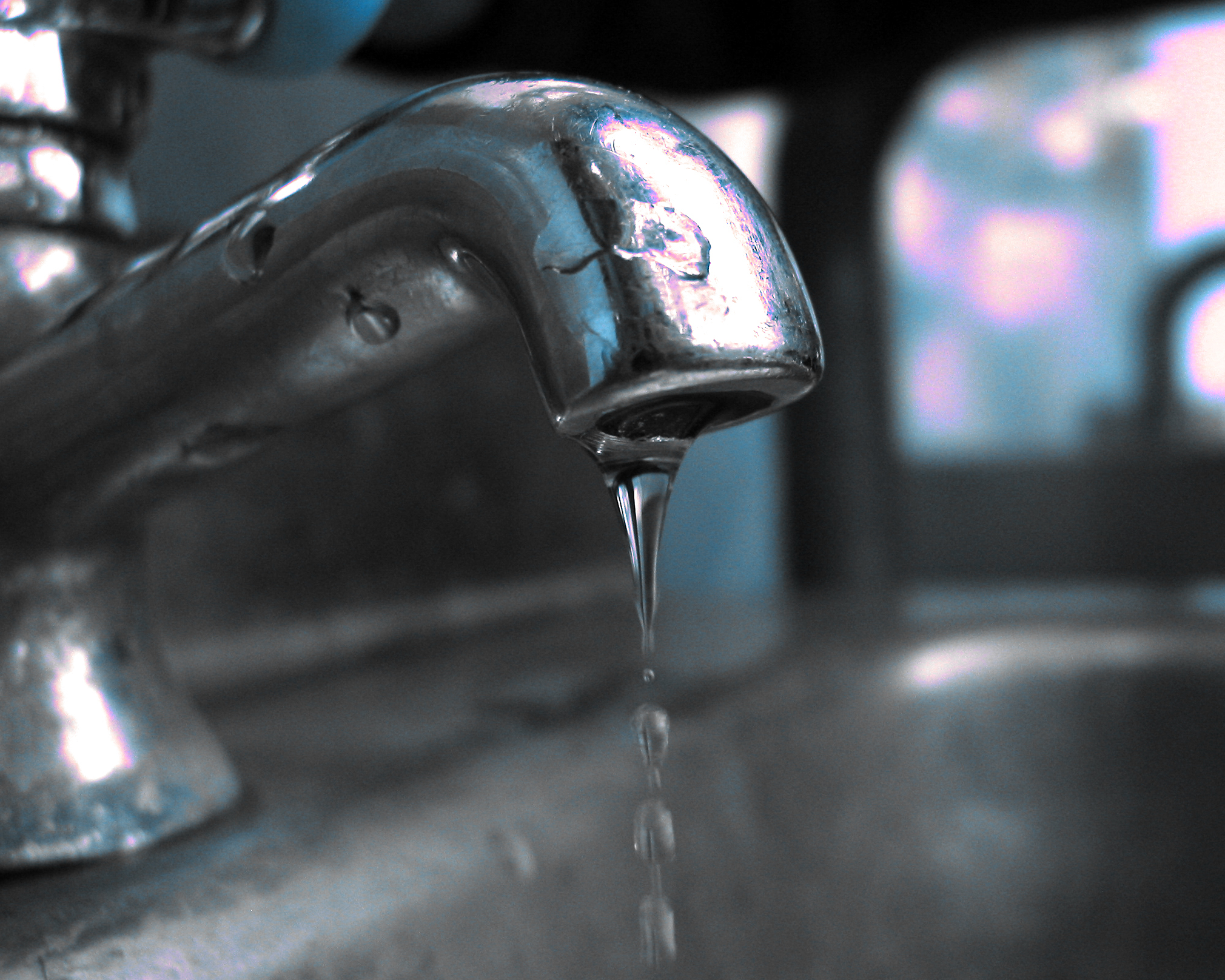How do you actually feel on the subject of 4 Common Reasons for a Leaky Faucet?

Dripping faucets may appear like a small hassle, however their effect exceeds simply the nuisance of the audio. From drainage to sustaining unneeded financial expenses and health risks, disregarding a trickling faucet can cause numerous consequences. In this write-up, we'll explore why it's crucial to resolve this typical household concern promptly and effectively.
Wastefulness of Water
Ecological Influence
Dripping taps add substantially to water waste. According to the Epa (EPA), a single faucet leaking at one drip per secondly can throw away greater than 3,000 gallons of water per year. This not only strains water resources however likewise impacts ecological communities and wild animals based on them.
Step-by-Step Overview to Taking Care Of a Dripping Tap
Tools Needed
Before attempting to fix a trickling tap, collect the required tools, including a flexible wrench, screwdrivers, replacement components (such as washing machines or cartridges), and plumber's tape.
Typical Faucet Issues and Their Solutions
Recognize the kind of faucet and the details problem triggering the drip. Typical troubles consist of damaged washing machines, rusty shutoff seats, or faulty O-rings. Refer to producer directions or on the internet tutorials for detailed support on repair work.
Financial Prices
Raised Water Expenses
Beyond the environmental impact, trickling taps can pump up water costs considerably. The collected wastage over time converts right into higher energy costs, which could have been stayed clear of with prompt repair work.
Prospective Residential Property Damage
In addition, extended trickling can cause damage to fixtures and surface areas surrounding the tap. Water accumulation can create staining, rust, and also structural concerns if left unattended, resulting in extra fixing costs.
Health and wellness Problems
Mold and Mold Development
The continuous visibility of dampness from a dripping tap creates an ideal setting for mold and mildew and mold development. These fungis not just endanger interior air high quality yet additionally posture health and wellness threats, specifically for individuals with respiratory system conditions or allergies.
Waterborne Conditions
Stagnant water in leaking taps can become a breeding ground for germs and various other pathogens, boosting the threat of waterborne diseases. Contaminants such as Legionella bacteria flourish in stationary water, possibly causing significant illnesses when consumed or breathed in.
Do it yourself vs. Specialist Fixing
Pros and Cons of Do It Yourself Repair Service
While some may attempt to fix a dripping tap themselves, do it yourself repair work come with their very own collection of difficulties. Without proper expertise and devices, DIY attempts can exacerbate the problem or result in insufficient repair services, prolonging the trouble.
Benefits of Employing a Specialist Plumber
Hiring an expert plumber makes sure that the underlying source of the trickling tap is addressed efficiently. Plumbers possess the competence and tools to detect and fix faucet issues efficiently, saving time and minimizing the risk of further damage.
Ecological Duty
Specific Payment to Preservation
Taking obligation for dealing with trickling taps lines up with broader efforts towards water preservation and environmental sustainability. Every individual's activities collectively make a considerable impact on maintaining valuable resources.
Lasting Living Practices
By focusing on timely repairs and taking on water-saving practices, people contribute to sustainable living techniques that profit both existing and future generations.
Safety nets
Normal Upkeep Tips
To avoid trickling taps, do regular maintenance such as cleaning up aerators, examining for leaks, and replacing worn-out parts promptly. Furthermore, take into consideration mounting water-saving devices or updating to more efficient components.
Relevance of Prompt Services
Attending to leaking faucets as quickly as they're seen stops further water wastefulness and prospective damages, ultimately conserving both water and money over time.
Influence On Property Worth
Understanding of Well-Maintained Building
Maintaining a residential property in good condition, consisting of addressing maintenance issues like leaking faucets, enhances its perceived worth and desirability among possible customers or occupants.
Influence on Resale Value
Residences with well-kept plumbing fixtures, consisting of faucets, command higher resale worths in the property market. Attending to dripping taps can add to a positive impact during home evaluations and settlements.
Verdict
Addressing a dripping faucet surpasses plain ease; it's an important step towards saving water, decreasing financial prices, and securing health and residential or commercial property. Whether via do it yourself repairs or professional support, acting to take care of dripping faucets is a small yet impactful way to promote liable stewardship of sources and contribute to a much healthier, extra sustainable future.
Most Common Reasons for a Leaky Faucet and How to Stop the Drip
Whether it’s your kitchen faucet leaking or a bathroom faucet leaking, one leaky faucet can waste anywhere from three to 30 gallons of water every single day. If the constant drip-drip-drip doesn’t get your attention, your water bill will. The good news is that, by following a few simple steps, chances are pretty good you can fix the problem yourself.
Why is it dripping?
Before you start taking things apart, let’s break down some of the most common causes of a leaky faucet.
Bad O-ring.
A cartridge is a valve that controls the flow of water into the faucet spout. On cartridge faucets there’s an O-ring—the little disc attached to the stem screw that holds the faucet handle in place. If it’s loose or worn-out, it can cause your sink handle to leak. Of course, the cartridge itself could be worn out. If that’s the case, make sure you replace it with the exact same kind.
Corroded valve seat.
The valve seat connects the faucet and the spout. If the leak seems to be coming from the spout, it might be because a buildup of water sediment has corroded the valve seat.
Worn-out washers or seals.
A leaky spout could be caused by a bad washer that rests against the valve seat. It’s just a matter of time before friction takes its toll. It could also be the wrong size washer or one that’s been installed incorrectly. Water sediments can also corrode inlet and outlet seals.
Water pressure.
If the faucet only drips now and then, or when you turn the handles a certain way, you should probably check your home’s water pressure.
Loose or broken parts.
The adjusting ring and packing nuts in the stream screw can become loose over time, causing your sink handle to leak. Try tightening or replacing the packing nut. If the leak is coming from the pipes underneath the sink, you probably have a broken pipe or fitting. If that’s the case, you should definitely call a plumber.
Know your faucet.
Faucets come in a variety of types. Each one has its own assembly—and its own possible causes of leaks. Learning about the four most common kinds of faucets will help you know how to take them apart and make any repairs.
How to stop a leaky faucet
Fixing that leaky faucet doesn’t have to take a lot of time, money, or expertise. It’s usually a simple matter of replacing a worn-out washer or gasket, a loose O ring, or another part. Chances are really good you can do this yourself if you follow these simple steps.
Shut off the water.
Before you tackle the faucet, cut off the water supply to the sink. There should be one valve for hot and one for cold. Hand-turn them clockwise with your hands till they close. If there are no valves under the sink, head to the basement and shut off the main water supply to the house. Then turn on the faucet until it empties out the water that’s still in the line and you’re ready to start. It’s a good idea to cover the sink drain with a plug or a rag so you don’t lose any small pieces and parts while you’re working.

As an avid person who reads on What Causes Leaky Faucets & How To Fix Them, I assumed sharing that excerpt was mandatory. So long as you enjoyed reading our article if you please be sure to share it. Many thanks for taking the time to read it.